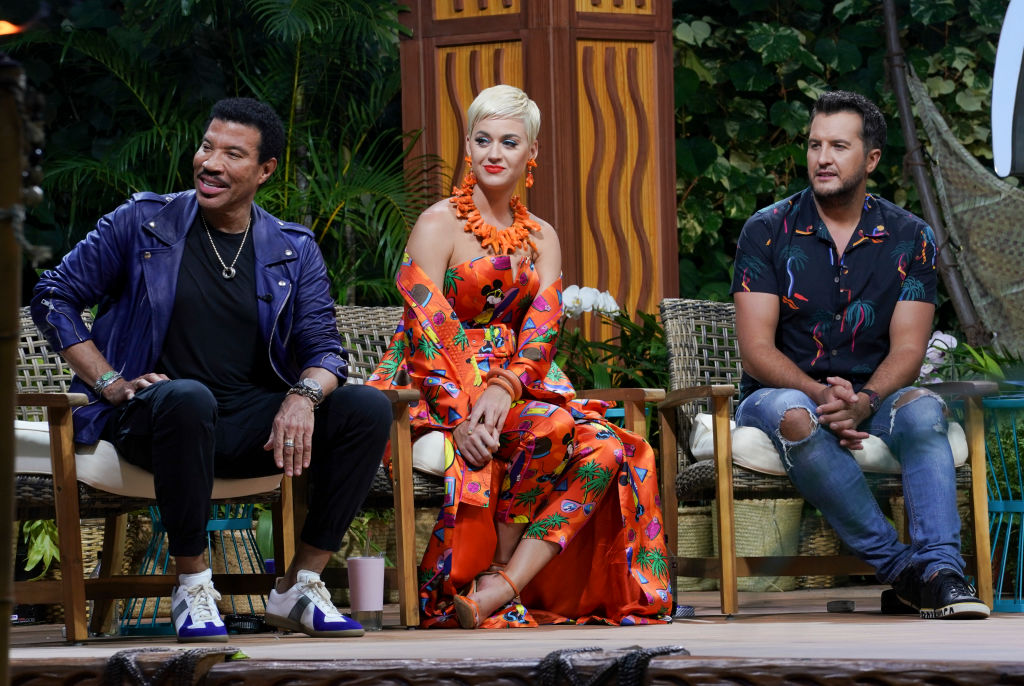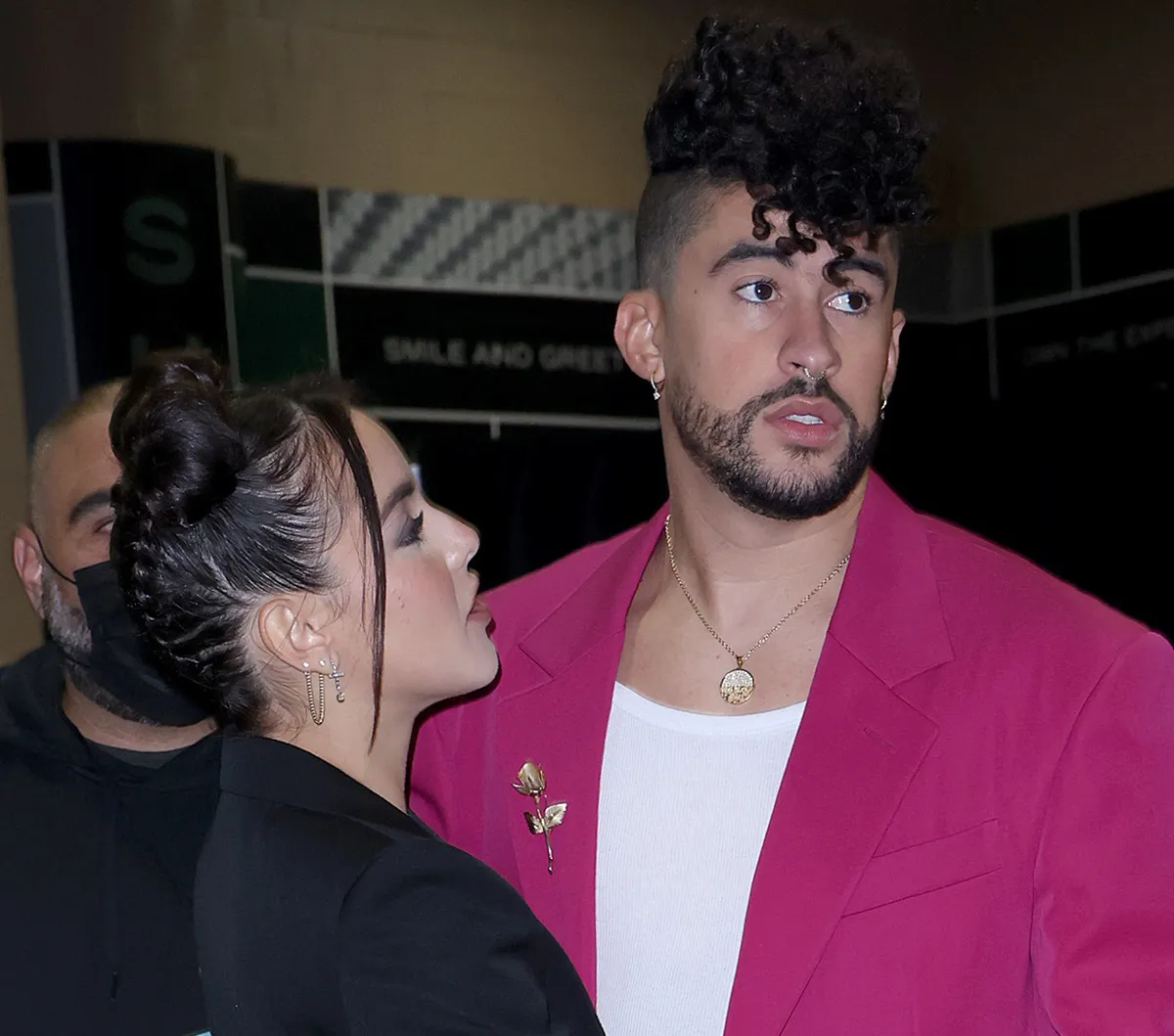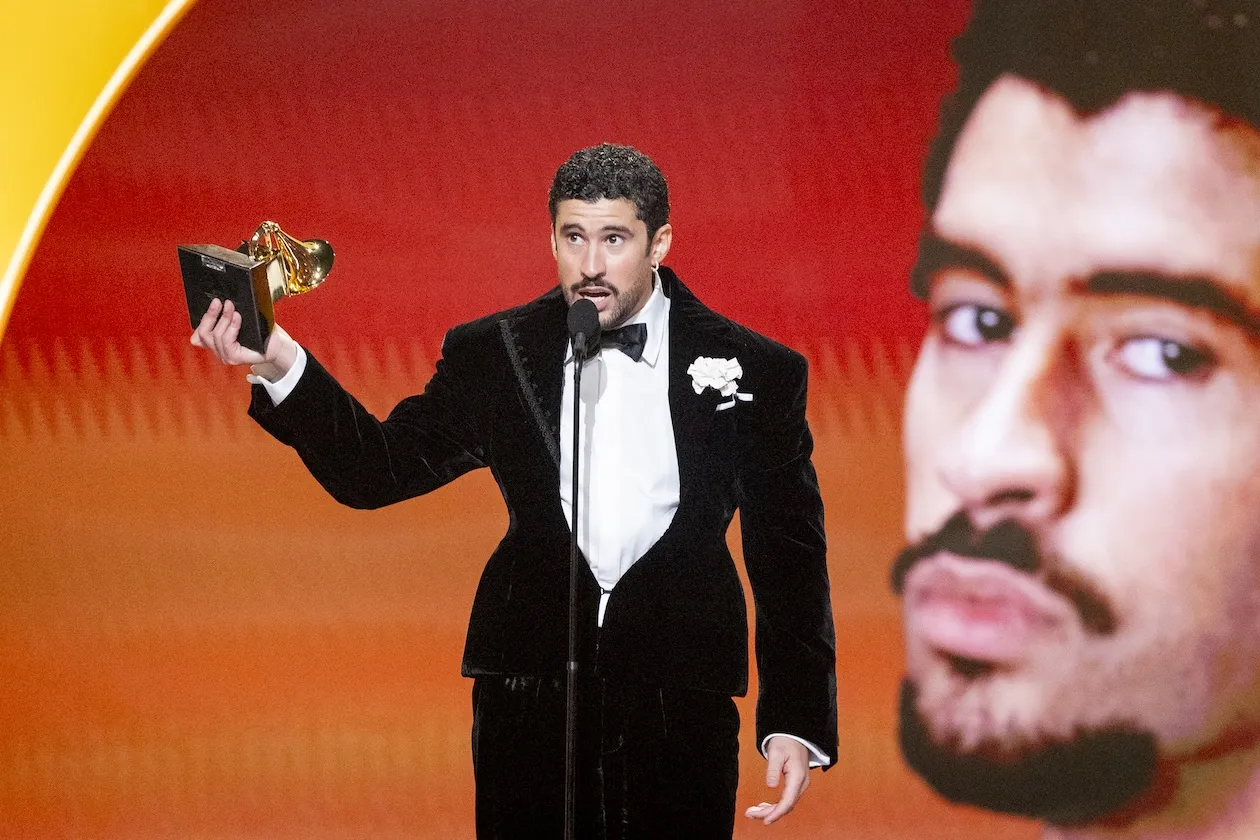Why Many Fans Feel ‘American Idol’ Is No Longer Relevant
Now on its seventh season and featuring a judges’ panel consisting of Katy Perry, Luke Bryan, and Lionel Richie, American Idol has been the mother of talent competition shows since it premiered back in 2002.

Changing judges “like a girl changes clothes,” as Katy Perry would put it, and switching networks hoping to go from “cold” and uninspired back to “hot” and interesting, American Idol is struggling to remain relevant in 2019.
While the show, in season two, finished with an average of 24.5 million viewers, according to By The Numbers, the show currently falls way below that and has failed to reach a peak since its early days on Fox.
While American Idol has seen a modest rebound since season 16, many feel that it’s no longer worth watching, as the premise is no longer relevant. The question is: why do so many fans feel that American Idol misses the mark when it comes to contemporary entertainment?
‘American Idol’ is a wagon wheel in a world of Ferraris
The first and most commonly cited argument relies on the obvious: the show is simply outdated, and has been bested by other competition shows with a newer vibe, a fresher take.
American Idol paved the way for shows like The Voice, The X Factor, and America’s Got Talent. And while it’s a great gift to be the catalyst for such a pivotal transformation in terms of entertainment consumption, there is a great consequence that comes with being the first: one day, all the apprentices will become the new masters. And that is exactly what’s happening now.
American Idol is the wagon wheel of talent competition shows; meaning, it’s groundwork is greatly appreciated, but everyone is going to opt for the Ferrari now.
The Voice is unique with its focus on coaching its contestants and enhancing their skills. America’s Got Talent provides a platform for individuals with vastly different abilities to step forward. American Idol, on the other hand, keeps rolling along, pumping out the same generic formula it’s always retained, yet swapping judges hoping to gain viewership from star-power.
Many argue that American Idol is no longer the phenomenon it once was simply because it’s no longer unique and has failed to discover an original spin to reinvent itself.
The debacle surrounding ‘American Idol’s’ bad auditions
While American Idol has greatly reduced its exploitative nature as of late – for viewers no longer believe every contestant makes it to the judges’ panel – some not so talented contestants still appear. However, most of the contestants shown lacking self-awareness are not total vocal disasters, but rather, are just clearly not talented enough for the show. So, what is Idol doing here? What is the point of showing these auditions at all?
Many argue that by holding onto the bad auditions, the show, to some extent, retains an identifying facet while modernizing to suit a contemporary audience. The problem: you can’t have your cake and eat it too.
Portraying “less bad” auditions is not a beneficial compromise; it’s an obvious depiction of fear: fear to remove it altogether and fear to leave it as it was because viewer backlash would inevitably result. So instead, the creators sprinkle bad auditions here and there for good measure. Maybe a risk – going for one extreme – would have paid off.
Does the American public still wish to choose an “Idol?”
What does it mean to choose an Idol? To select someone that the public should “admire, love, and revere,” as the definition so implies, does not seem like a healthy goal for a talent competition. Rather than focusing on talent, many argue that the entire concept surrounding American Idol is flawed, as the public is asked to choose the best “image,” or the candidate most worthy of stardom.
If accepting the above statement as true, the show is not about talent, but rather, exists as a shallow fixation on the “it” factor, which takes several uncontrollable attributes – unrelated to singing – into account. Many argue that this propagates a fixation on the superficial, which is already emphasized enough in a social media-crazed society. If the show is marketed as a singing competition, shouldn’t it be about “the voice” (pun intended)?


